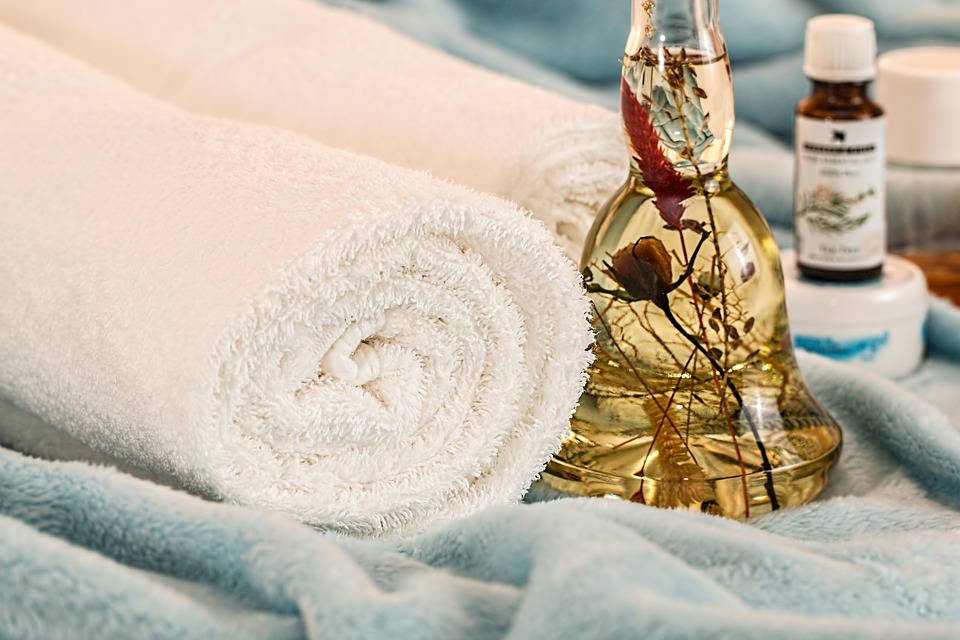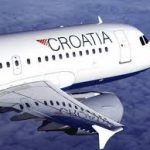As Poslovni Dnevnik/Lucija Spiljak writes, throughout the ongoing coronavirus pandemic, physical health, physical and mental health care has increased, which, among other things, has confirmed the title of one of the fastest growing branches in the world, and with it wellness tourism as a sub-branch of health tourism.
Ana Toncic is the president of the Wellness Tourism Section at the Croatian Chamber of Commerce, associate of the Institute of Tourism and owner of Vita Vitalis, which has been providing consulting services in the fast-growing wellness and spa industry since 2019. She explained the ins and outs of the overall “wellness industry”, which includes a wide range of activities, starting from the production of equipment and various accompanying inventory, through to all of the associated cosmetics to the turnover generated through the provision of wellness services.
“Wellness is associated with many areas of human activity, including tourism, medicine, architecture, sports, etc. The main role of wellness is to take care of one’s health, ie maintaining the body and mind in a healthy way, fitness, physical and mental relaxation and maintaining inner peace,” stated Toncic, adding that in recent years, wellness centres in the hotel industry have become ”must have” products which contribute to the added value of hotels and the raising of the quality of provided services in general.
“Today, Croatian wellness tourism, in the sense of medicine, stands out mainly in dental tourism services. While globally, the medical wellness sector records an annual growth of 15-20%, Croatia can’t yet boast of such a result. According to research, the average daily consumption of multi-day visitors in the wellness segment is 149 euros, in the spa segment 63 euros and in the medical segment 292 euros. According to household research, users of wellness services have the best paying power, followed by users of medical and spa services, according to the Institute of Tourism,” added Toncic, noting that Croatia has seen an increase in the number of wellness centres available in recent years.
The categorisation of hotels and new trends and needs of guests contribute to this. But despite that, Croatia is still recognised as a destination of “sun and sea”, and not enough as a destination for wellness and a healthy holiday.
“Therefore, the wellness sector is facing high challenges, primarily in terms of staff training and promotion of the product itself,” said Toncic.
The problem of seasonality
Most of hotels with wellness centres are located along the coast, so there is a seasonal offer where wellness centres are open six months a year, usually from April to October. According to this expert, the exceptions are some such centres more awake to Croatian wellness tourism’s potential, in Istria, Kvarner and in spas in continental Croatia, which provide their services throughout most of the year.
“Various wellness treatment services, programmes that include exercise, proper nutrition, relaxation techniques and the like are offered within hotels and tourist and health centres. Wellness tourism is an integral part of health tourism – wellness, spa and medicine. Medical wellness is based on preventive programmes to preserve health or raise energy. Anti-stress therapies, spine programmes, weight loss programmes and healthy eating lessons, as well as business relaxation treatments, are increasingly becoming part of the culture of living of citizens and attracting guests to a given destination throughout the year.
I think that for the guest, in addition to the wellness service, the overall wellness experience is much bigger – from walking around in nature, running, cycling, inhaling sea air, being around distinctive vegetation, a rich gastronomic offer and the kindness and smiles of the staff. All this is part of wellness and as such makes Croatia a country of special energy and healthy living,” explained Toncic.
The coronavirus pandemic has forced the entire world to grind to a halt and has caused a terrible drop in the number of touristic overnight stays, and thus the use of wellness facilities. Many wellness facilities were not even allowed to be used (eg wet saunas) or were used to a greatly reduced extent.
According to Toncic, the standards of behaviour have changed and adjusted considerably since the pandemic struck, and Croatian wellness tourism has an opportunity to blossom.
“We replaced the handshake, greeting, hospitality and smiles with masks. Although maintaining the highest standards of hygiene has always been one of the main preconditions for successful work in wellness centres, this was given even more importance during the pandemic. Wellness centres have adjusted their offers, working hours and offered as many outdoor services as possible in the summer months. Thus, outdoor treatments, mobile wellness in camps and private spas are certainly services that have done well,” she explained.
We can easily look back at earlier on in the pandemic and see how it significantly changed attitudes and views when it comes to travel, but also to healthcare in general, because most people have been travelling by car, choosing private apartments, mobile homes or holiday villas, with great emphasis on destination safety and hygiene and health.
Special emphasis is now often also being placed on programmes to strengthen immunity, wellness retreat programmes that include spending time in nature, meditation, yoga and the like. The emphasis is being placed on products from local family farms (OPGs), and therefore I can say that the market is changing and that there is certainly a greater responsibility being taken for healthcare and for nature,” said Toncic, which shows that today’s trends in the wellness industry nurture the notion of less being more, the use of natural eco-certified products, the listing of local products and the branding of the overall offer.
For more on Croatian wellness tourism, make sure to follow our travel section.









